Which SEO Tools are Best as of 2026?
Let’s be real—SEO today can feel like navigating a jungle with a flashlight. Google’s algorithms evolve faster than your coffee brews, and every tool out there promises to be the ultimate solution. If you’ve ever wondered, “Which SEO tool should I really use in 2026?” “What are the Best SEO tools?”, you’re not alone.
So, I rolled up my sleeves, tested dozens of tools hands-on (yep, real usage, not just affiliate-hype comparisons), and filtered the noise. What you’ll find here is a curated list of the best 20 SEO tools as of 2026—some are free, some are paid, all are powerful when used right.
But here’s the catch: the “best” SEO tool depends on your unique needs. Are you a content-first blogger? A digital agency scaling local SEO for clients? A one-person startup wanting traffic fast?
I’ve broken this list into clear categories—like tools for keyword research, technical SEO, rank tracking, and content optimization—so you can skip the overwhelm and go straight to what fits your goals.
Think of SEO tools like gym equipment. You wouldn’t use a treadmill to build arm strength, right? Same here—don’t use a link audit tool to write content or vice versa.
What You’ll Get?
- 20 top SEO tools (tried and tested, not just hyped)
- Free and paid options clearly marked
- My quick take on who each tool is best for
- A bonus table with each tool’s origin + founding year
- Simple category explanations to guide your picks
Let’s cut the clutter and get straight to the tools that actually help in 2026.
Review of the 20 Best SEO Tools
Ever been overwhelmed by a sea of SEO tools that all claim to be “the best”? Same here. That’s why I personally tested each of the 20 tools below across different SEO tasks—technical audits, content optimization, link tracking, and more.
Whether you’re a beginner, agency pro, or solo creator, you’ll find tools here that do exactly what you need—without the fluff.
How This Review Works?
Each tool gets its own spotlight. For every one, I’ll briefly explain:
- What it’s best for
- Key strengths (and occasional limitations)
- Who it’s most ideal for (blogger, agency, eCom owner, etc.)
- Whether it’s free, freemium, or paid
And no long paragraphs—just sharp, digestible takeaways. Let’s jump in!
1. Google Search Console
Best for: Technical SEO insights & performance tracking
Type: Free
Why it’s a keeper in 2026:
Still the most direct line to Google’s brain. Whether it’s indexing issues, CTR drops, or core web vitals, GSC gives you raw, trusted data. And in 2026, its revamped UI and real-time crawl reporting make it even more powerful.
You’ll love it if:
You want to monitor how your site performs in Google search—without paying a dime.
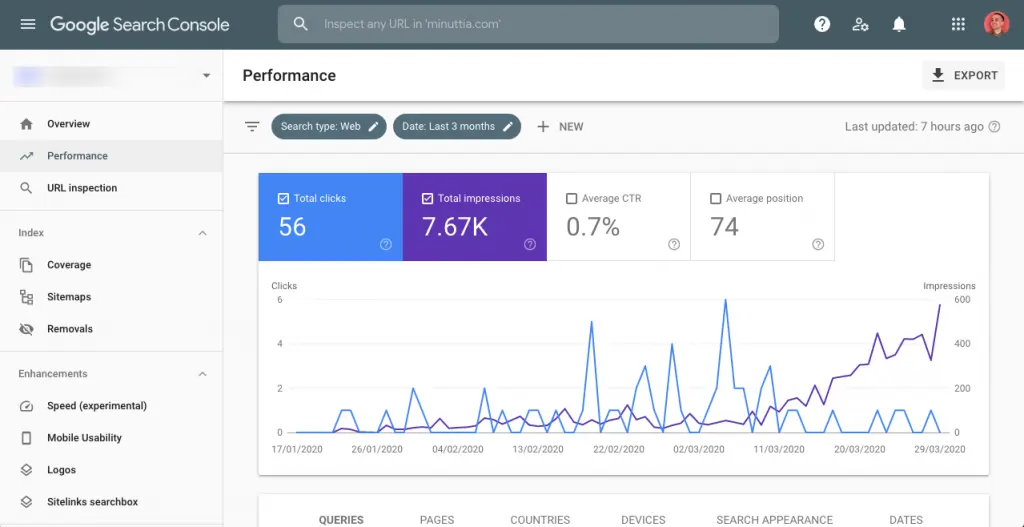

2. Ahrefs
Best for: Backlink audits, keyword research, and site explorer
Type: Paid (Starts at $99/month)
Why it rocks in 2026:
Ahrefs continues to lead with the largest live backlink index. Its keyword database rivals even Google Ads. The new “Content Gap AI Suggestions” is a game-changer for strategy.
You’ll love it if:
You’re a serious SEO, agency, or content strategist who wants to dominate with data.
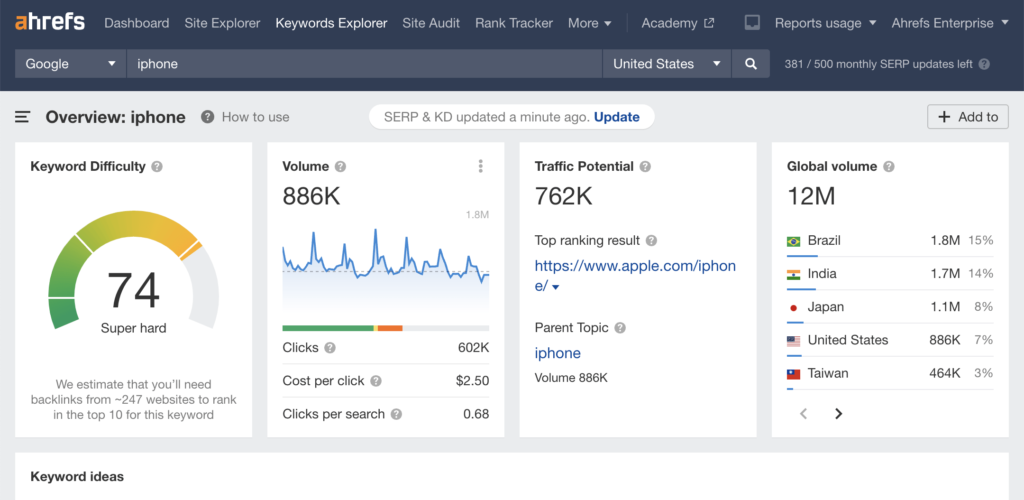

3. Semrush
Best for: All-in-one SEO + content marketing suite
Type: Paid (Starts at $129.95/month)
Why pros still use it:
Keyword research, competitor analysis, content ideas—it does it all. The AI writing assistant in Semrush has matured a lot in 2026, integrating with your CMS for smoother workflows.
You’ll love it if:
You need a single tool for everything from SEO audits to content strategy.
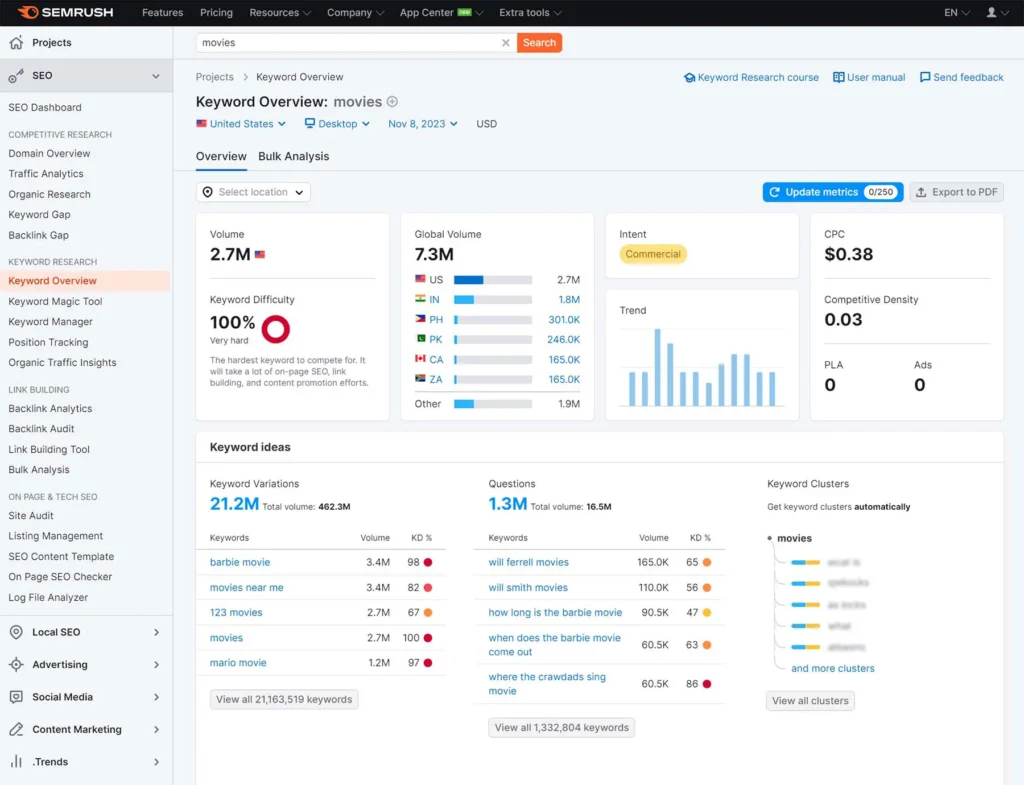

4. Surfer SEO
Best for: On-page content optimization
Type: Paid (Starts at $89/month)
What’s cool in 2026:
Surfer now includes AI-powered outline builders + real-time NLP suggestions from Google’s algorithm changes. It’s like Grammarly, but for SEO.
You’ll love it if:
You write blog posts or landing pages and want them to rank—fast.
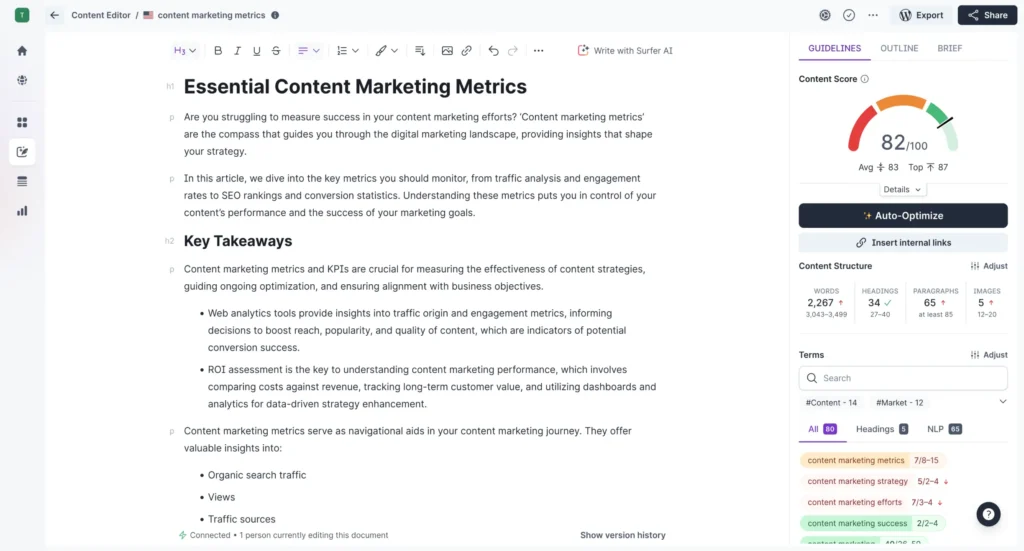

5. Moz Pro
Best for: Authority metrics, keyword suggestions, site audits
Type: Paid (Freemium tools available)
Why it’s still relevant:
Moz has simplified a lot of its UI and beefed up its link spam detection tool. In 2026, it’s a great pick for mid-sized businesses and consultants.
You’ll love it if:
You like intuitive dashboards without sacrificing depth.
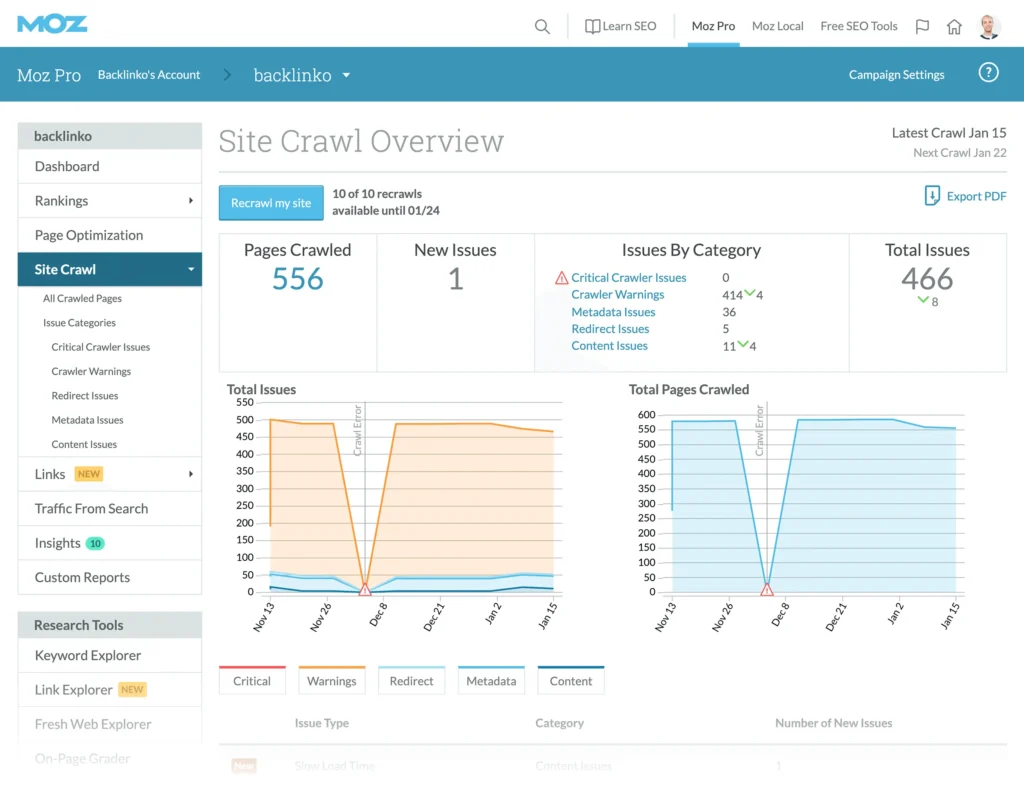

6. Rich Results Test (Google)
Best for: Structured data testing
Type: Free
Why it’s essential in 2026:
With schema becoming critical for visibility (think: FAQs, reviews, events), this tool helps ensure Google “understands” your pages.
You’ll love it if:
You implement schema markup and want to test it quickly.
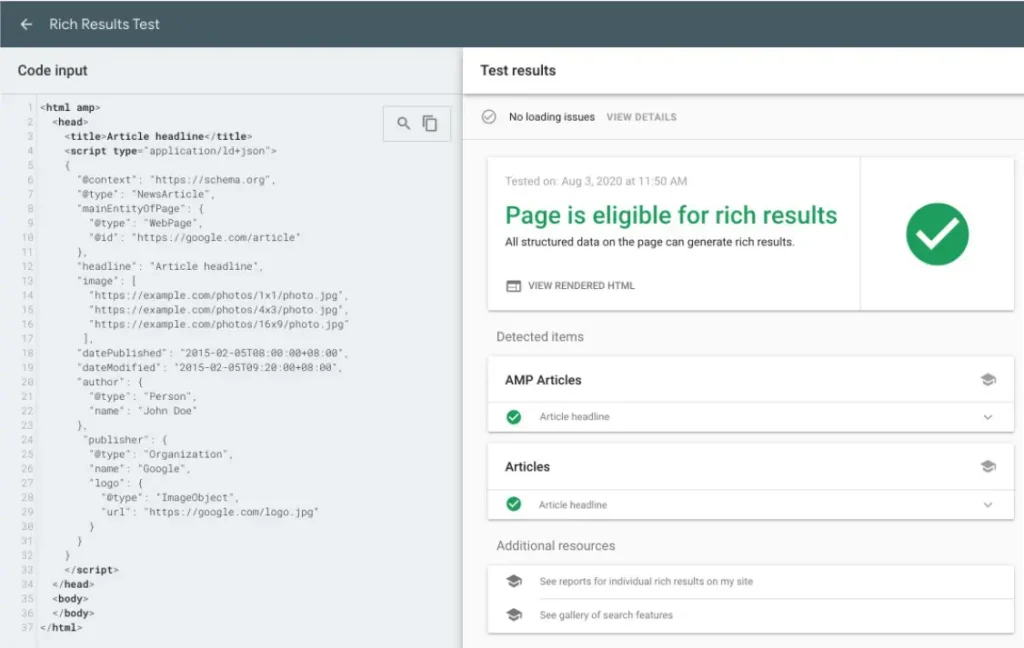

7. PageSpeed Insights
Best for: Core Web Vitals and performance testing
Type: Free
Why it’s still key:
With mobile-first indexing and UX metrics now directly impacting SEO, PageSpeed Insights helps you identify slow-loading issues, layout shifts, and more.
You’ll love it if:
You care about SEO and user experience equally.
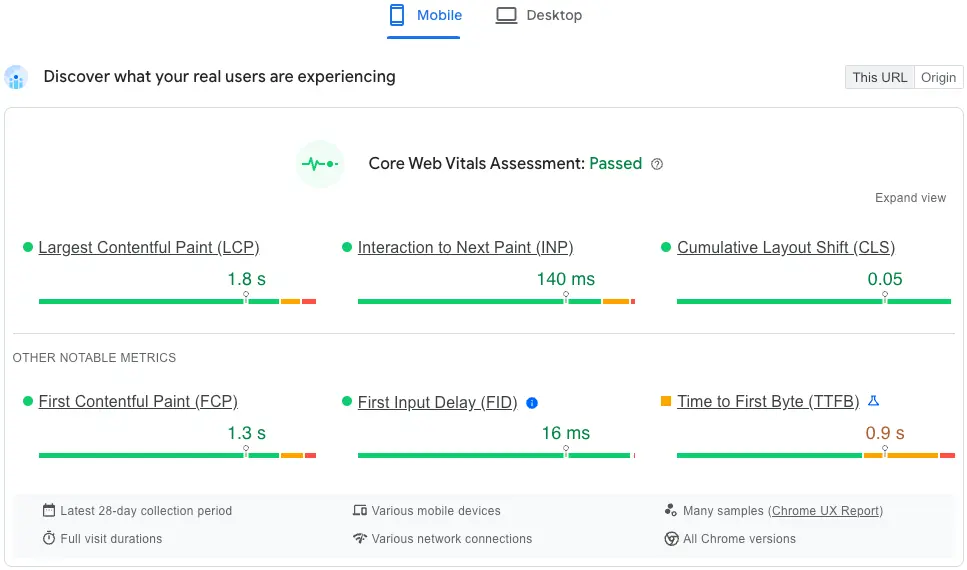

8. Morningscore
Best for: Gamified SEO dashboard & growth tracking
Type: Paid (with a free trial)
Why it stands out:
Morningscore makes SEO feel like a game. You earn points as your rankings improve. In 2026, it’s the go-to for beginners or solo entrepreneurs wanting clarity, not complexity.
You’ll love it if:
You want motivation + SEO insights wrapped in one colorful dashboard.
9. Compress PNG (by TinyPNG)
Best for: Reducing image size without losing quality
Type: Free
Why it’s an SEO tool:
Faster load times = better SEO. Compress PNG ensures images stay light and beautiful. Bonus: It now offers WebP conversion.
You’ll love it if:
You upload lots of media and want speed + quality.
10. AnswerThePublic
Best for: Content ideation via questions people ask
Type: Freemium
Why it’s content gold:
With voice search growing, this tool reveals natural-language questions your audience is typing into Google—perfect for blog ideas and featured snippets.
You’ll love it if:
You want content ideas backed by real search behavior.
11. Claude Sonnet 3.7 (by Anthropic)
Best for: AI-powered content research and ideation
Type: Freemium (Paid plans available)
Why it’s on this list:
Claude isn’t a traditional SEO tool—but it’s incredibly useful for SEOs. It can help generate outlines, expand keyword clusters, and even rewrite paragraphs with semantic richness. The Sonnet 3.7 version is fast, context-aware, and smart.
You’ll love it if:
You want an AI sidekick that enhances your SEO writing, not replaces it.
12. SEO.ai
Best for: AI-generated SEO content with optimization baked in
Type: Paid
Why it’s 2026-relevant:
SEO.ai combines AI writing with keyword optimization in real time. It scores your draft as you write, helping you hit semantic targets, readability, and structure.
You’ll love it if:
You want content that’s SEO-smart from the first sentence.
13. Detailed (Chrome Extension)
Best for: Quick on-page SEO & competitor insights
Type: Free
Why it’s a time-saver:
Created by Glen Allsopp (ViperChill), Detailed gives a crisp summary of headers, schema, meta tags, and backlinks for any page—right from your browser.
You’ll love it if:
You like to peek under the hood of ranking pages without opening a dashboard.
14. Screaming Frog
Best for: Technical SEO site audits
Type: Freemium (Paid version for large sites)
Why it’s still a must-have:
In 2026, Screaming Frog remains unmatched for crawling a site like Googlebot does. Find broken links, redirect chains, duplicate content, and indexation issues—all in one go.
You’ll love it if:
You manage or audit websites regularly and want deep technical diagnostics.
15. Seobility
Best for: All-in-one SEO audits for beginners
Type: Freemium
Why it’s user-friendly gold:
With one click, Seobility checks on-page SEO, mobile-friendliness, page speed, and even link structure. It’s like Screaming Frog with training wheels.
You’ll love it if:
You’re just starting out and need guided audits and fixes.
16. SE Ranking
Best for: Rank tracking + competitor research
Type: Paid
Why SEOs rate it highly in 2026:
It blends affordability with rich features: rank tracking, SERP history, keyword suggestions, and white-label reporting. Plus, their interface is cleaner than ever.
You’ll love it if:
You need pro-level rank tracking without breaking the bank.
17. AccuRanker
Best for: Fast, accurate rank tracking at scale
Type: Paid
Why it’s trusted by pros:
AccuRanker is laser-focused on SERP positions—and it does it ridiculously fast. It’s also one of the few tools that offers tag-based grouping, SERP volatility graphs, and Google Data Studio integration.
You’ll love it if:
You handle large SEO projects and need real-time ranking updates.
18. Yoast SEO (WordPress Plugin)
Best for: On-page SEO in WordPress
Type: Freemium
Why it still matters in 2026:
Yoast continues to evolve, with schema automation, readability checks, and support for headless WordPress. It’s great for keeping content optimized without much effort.
You’ll love it if:
You run a WordPress blog or site and want SEO checklists as you publish.
19. Rank Math (WordPress Plugin)
Best for: Advanced SEO customization on WordPress
Type: Freemium
Why many switched from Yoast:
Rank Math gives deeper insights (like keyword density, rich snippet preview, and redirection management) in a lightweight plugin. In 2025, it’s now integrated with ChatGPT for smart content suggestions.
You’ll love it if:
You want more SEO power and control within WordPress.
20. Schemantra
Best for: Generating and validating structured data
Type: Freemium
Why it’s a hidden gem:
Schemantra lets you generate schema markup for articles, FAQs, products, and more with just a few clicks. It validates JSON-LD instantly and even suggests missing fields.
You’ll love it if:
You want to boost rich results without hand-coding schema.
Each of these tools excels in a specific area. Some are free. Some are powerhouse paid platforms. But all of them earn a spot here because they deliver value—especially in the SEO landscape of 2025.
Founding Year and Country of the 20 Best SEO Tools
Ever wonder which of your favorite SEO tools were built in a basement… and which were backed by Silicon Valley muscle? Tools tell stories, and knowing where and when they were founded gives you insight into their evolution—and trustworthiness.
This section isn’t just trivia. It helps you see how long each tool has been innovating and which part of the world it hails from (spoiler: it’s not just the U.S.).
| SEO Tool | Founded Year | Country of Origin |
|---|---|---|
| Google Search Console | 2006 (as Webmaster Tools) | USA |
| Ahrefs | 2010 | Singapore |
| Morningscore | 2018 | Denmark |
| Semrush | 2008 | USA (founded in Russia) |
| Surfer SEO | 2017 | Poland |
| Moz Pro | 2004 | USA |
| Rich Results Test | 2017 | USA (by Google) |
| PageSpeed Insights | 2013 | USA (by Google) |
| Compress PNG (TinyPNG) | 2014 | Netherlands |
| AnswerThePublic | 2014 | UK |
| Claude Sonnet 3.7 | 2023 | USA (by Anthropic) |
| SEO.ai | 2021 | Denmark |
| Detailed (Extension) | 2019 | UK |
| Screaming Frog | 2010 | UK |
| Seobility | 2013 | Germany |
| SE Ranking | 2013 | USA (with EU offices) |
| AccuRanker | 2013 | Denmark |
| Yoast SEO | 2010 | Netherlands |
| Rank Math | 2018 | India |
| Schemantra | 2022 | USA |
If SEO tools were musicians, this is their “debut album” list. Some are classic rock (Moz, Screaming Frog), others are rising indie stars (SEO.ai, Schemantra).
Explanation of Categories
Let’s be honest—SEO can feel like trying to fix a car with a drawer full of tools… when you don’t know what half of them are for. That’s why I’ve grouped the 20 SEO tools into simple, purpose-driven categories.
Whether you’re trying to rank a blog post, fix a slow-loading site, or analyze backlinks, this cheat sheet will help you pick the right tool for the task.
Because a great tool used for the wrong job? Still a bad move.
1. Best SEO Tools for Links
These tools help you build, monitor, and evaluate backlinks—essential for improving domain authority and search visibility.
Tools in this category:
- Ahrefs – Best for deep backlink audits
- Semrush – Great for link-building campaigns
- Moz Pro – Known for Domain Authority metrics
- Detailed (Chrome Extension) – Quick competitor backlink views
- SE Ranking – Link monitoring + competitor analysis
Why you need them:
Backlinks still matter in 2026. These tools help you understand who’s linking to you, what links are toxic, and where your competitors are earning authority.
2. Best SEO Tools to Help You with Content
These are your best friends when it comes to optimizing blog posts, landing pages, and content strategy.
Tools in this category:
- Surfer SEO – On-page optimization with NLP
- AnswerThePublic – Find long-tail keyword questions
- SEO.ai – AI-powered SEO content generation
- Claude Sonnet 3.7 – Semantic writing and ideation
- Yoast SEO – Real-time SEO tips for WordPress content
- Rank Math – Power-packed WordPress plugin with AI
- Morningscore – Gamified tasks to improve site content
Why you need them:
Content is still king—but now, it’s more about context, clarity, and relevance. These tools ensure your writing aligns with what Google (and readers) love.
3. Best SEO Tools for Keyword Research
For discovering what your audience is actually searching—and how hard it’ll be to rank.
Tools in this category:
- Ahrefs – Keyword Explorer is top-tier
- Semrush – Keyword Magic Tool = traffic gold
- SE Ranking – Budget-friendly keyword data
- AnswerThePublic – Uncovers long-tail gems
- SEO.ai – Keyword-integrated writing flow
Why you need them:
Keywords are the compass of your SEO strategy. These tools help you uncover demand, competition, and search intent in seconds.
4. Best SEO Tools for Keyword Rank Tracking
Because what’s the point of optimizing if you can’t measure your position?
Tools in this category:
- AccuRanker – Fastest and most accurate tracking
- SE Ranking – Flexible, tag-based rank tracking
- Ahrefs – Reliable daily position updates
- Morningscore – Fun tracking with gamification
Why you need them:
You need to know if your efforts are moving the needle. These tools track your positions on Google (and other engines) so you can pivot when needed.
5. Best Technical SEO Tools
Fix crawling, speed, structure, and indexing—the invisible foundation of great SEO.
Tools in this category:
- Google Search Console – Google’s own diagnostic tool
- Screaming Frog – In-depth site crawling
- Seobility – Simple technical audits
- PageSpeed Insights – Improve site speed and vitals
- Rich Results Test – Validate schema markup
- Schemantra – Easy structured data generation
- Compress PNG (TinyPNG) – Boost site speed with smaller images
Why you need them:
Technical SEO is like plumbing—ignore it and everything leaks. These tools help ensure your site is crawlable, fast, and error-free.
You don’t need every tool in each category. Just pick 1–2 based on your goals, and master those. Simplicity beats tool overload.
Conclusion
SEO in 2026 isn’t about chasing every shiny new tool—it’s about finding the right set of tools that align with your goals, skills, and budget.
Maybe you’re a solo blogger who just needs a solid on-page checker and keyword tool. Or maybe you’re running SEO for a large e-commerce site and need advanced crawling, AI content help, and rank tracking at scale. Wherever you are on the journey—there’s a tool (or three) that fits like a glove.
✨ Quick Takeaways
- You don’t need all 20 tools. Start with 2–4 that match your current needs.
- Free tools like Google Search Console, PageSpeed Insights, and AnswerThePublic offer a surprising amount of value.
- Paid tools like Ahrefs, Surfer, or SE Ranking are worth every rupee if used strategically.
- AI is now a legit SEO assistant—not a gimmick. Use Claude or SEO.ai to supercharge ideation and writing.
- Technical SEO isn’t optional. Tools like Screaming Frog and Schemantra will save you headaches down the road.
In the end, tools are just that—tools. You bring the creativity, the strategy, and the persistence. These platforms simply help you execute smarter and faster.
And as SEO keeps evolving (hello, AI and SGE!), so will the tools. Bookmark this list, test a few, and build your go-to SEO stack. You’ve got this. 🚀